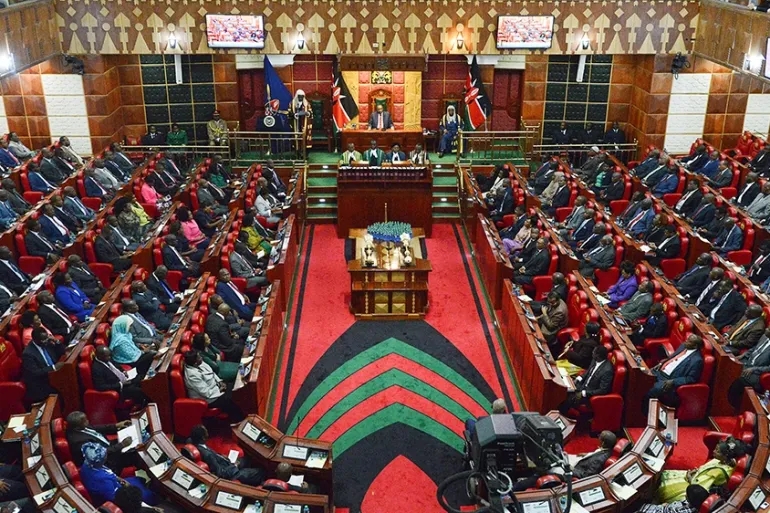Online workers participating in the government-supported Ajira Digital Programme will escape the taxman’s net following amendments to the Finance Act, 2019.
This comes even as the government renews efforts to net other transactions in the digital economy for taxation.
On November 7, President Uhuru Kenyatta assented to the Act.
It proposed key amendments to various tax legislation including the Income Tax Act, Value Added Tax, Excise Duty Act, Tax Procedures Act and Miscellaneous Fees and Levies Act.
Other Acts of Parliament that have been amended through the Act include the Capital Markets Act, Banking Act, Standards Act, Retirement Benefits Act, Employment Act and the Housing Act.
Ajira Digital Programme is a government initiative under the ICT ministry that seeks to empower more than one million young people to secure digital jobs easily.
Under the rallying banner ‘Online work is work’, the programme is also meant to address the issue of high unemployment among the youth by encouraging the tech-savvy ones to participate in the digital economy.
The tax-exempt, therefore, is meant to boost youth participation as well as the value of their online earnings.
“The government has ensured that the youth’s incomes sourced from their activities related to services provided to government or even private institutions are exempted from income tax,” KRA's deputy commissioner in charge of policy Morris Oray said.
However, the taxman is set to go after remittances from digital platforms transactions especially by businesses that do not have a local physical presence but deal sale of goods and services.
“Across the VAT and income tax act, the main amendments are taxation of the transactions carried over the digital platforms, but which is largely a clarification of the law which requires that all income derived from Kenya is taxable,” Oray added.
The amendments, he said, have also provided a clear framework to peg VAT charges to virtual services transacted by businesses and individuals.
The Kenya Revenue Authority hopes that enforcing implementation of existing laws and the new clarifications targeting the digital economy will significantly boost its collections.
Meanwhile, other highlights of the amendments include tax exemptions offered to the affordable housing development schemes in support of the government’s Big Four agenda.
This includes exemption of imported goods or locally purchased materials for the direct and exclusive use in the construction of houses under the programme.
Others are income tax exemptions on cash withdrawn from the National Housing Development Fund by a contributor who wants to purchase a house for the first time.
Edited by R.Wamochie
















